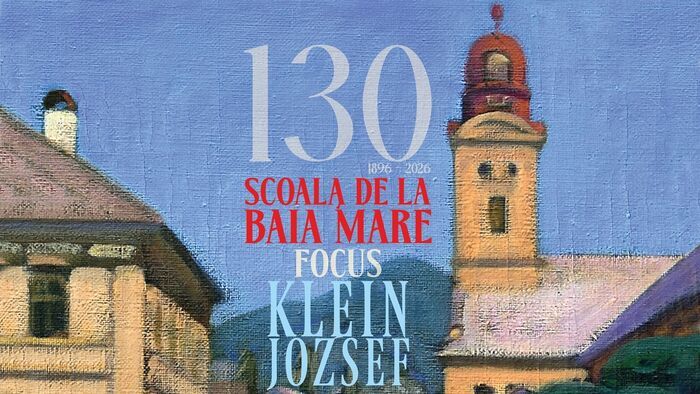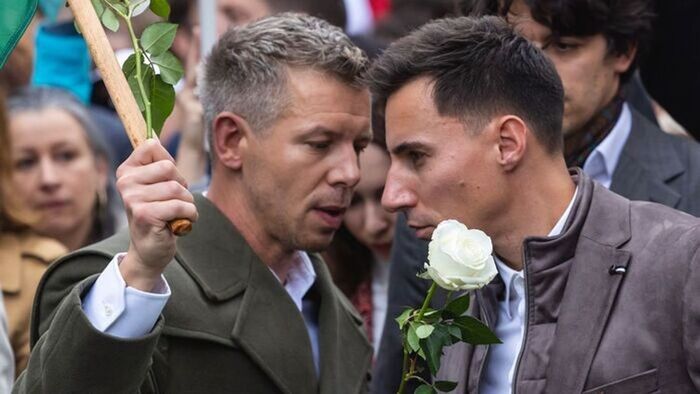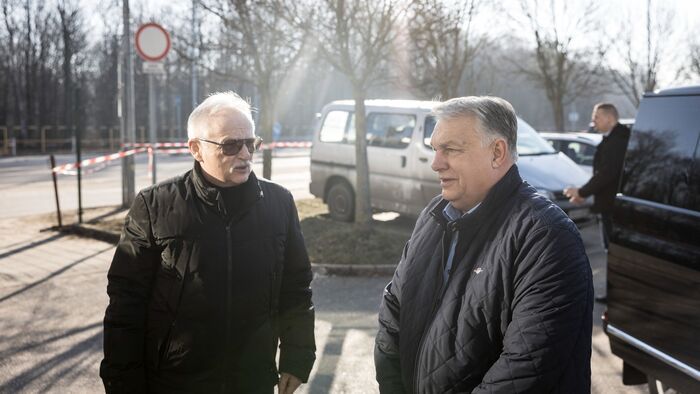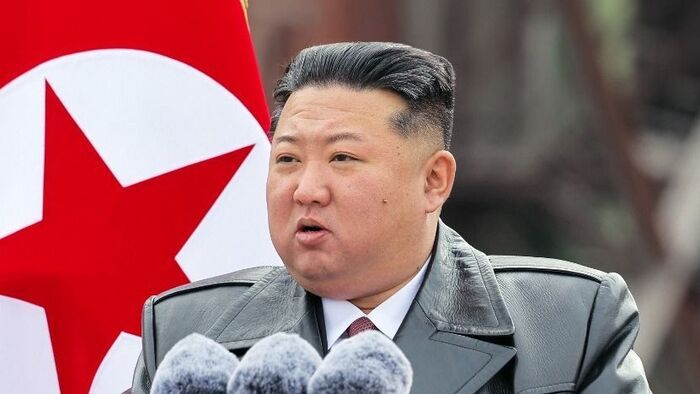If we were to ask the average, educated Hungarian compatriot somewhat interested in international affairs: what comes to mind first about the Netherlands? Most would probably answer with football, tulips and that beer with a red star. Then they might add the canals, windmills, red-light district, and of course the legal weed. The more learned might mention Erasmus, Rembrandt, Van Gogh and maybe even Thomas Kempis, Hugo Grotius, or Johan Huizinga.
But obviously few know who Lamoral was, the fourth count of Egmont, who will be celebrating his five hundredth birthday next year. He was one of the first leaders and martyrs of the Dutch War of Independence against the oppression of the Spanish Habsburgs, which began in the 1560s. Goethe wrote a romantic drama to which Beethoven composed the accompaniment in 1810 in protest of Napoleon’s tyranny in occupying his country. The Egmont overture, which is considered an anthem of freedom, was the most frequently played piece of music on the radio in the days of the 1956 Hungarian Revolution and War of Independence. The boys in Budapest fighting for freedom at the time had barely heard of the Dutch aristocrat and freedom hero, but the masterpiece of the genius German composer united, in spirit, the two nations who took up arms for freedom and independence.
And Count Egmont was just the first in a fairly long line. Thanks to the Calvinist Reformation, the seven Protestant provinces of the Netherlands maintained close ties with Transylvania. That is when masses of Hungarian Calvinist students attended Dutch universities like Utrecht, Groningen, Franeker, Leiden. The first doctorate of the new University of Harderwijk was awarded to one of the geniuses of Hungarian cultural history, János Csere Apáczai from Transylvania, who in the Netherlands recognized that the Calvinist Dutch founded all their academies during their struggle for freedom against the Spanish Catholic Habsburgs because they “realized that the weapons formed in schools are more important than cannonballs.”






















Szóljon hozzá!
Jelenleg csak a hozzászólások egy kis részét látja. Hozzászóláshoz és a további kommentek megtekintéséhez lépjen be, vagy regisztráljon!